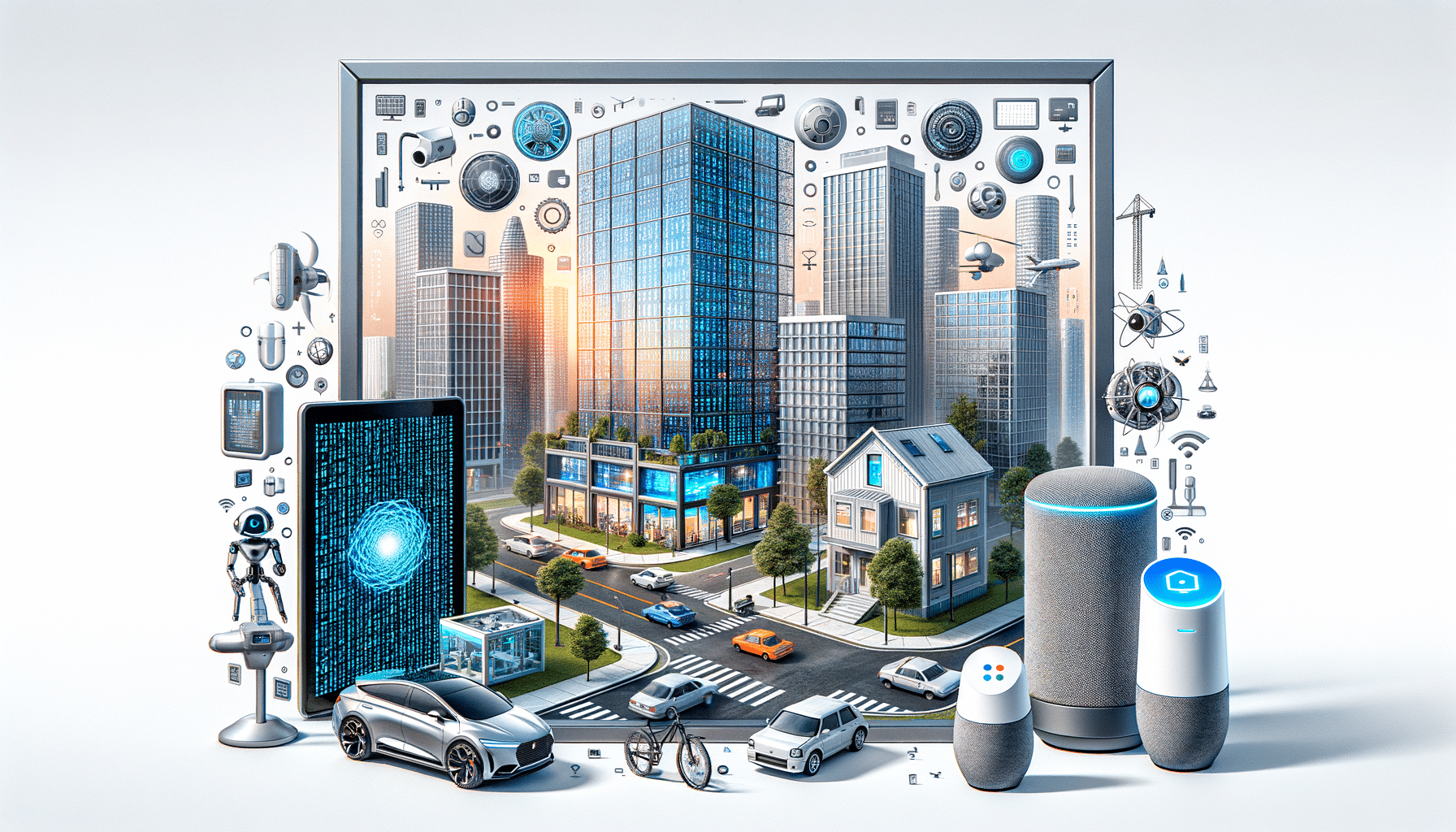
Leveraging Artificial Intelligence Techniques in Enterprise Systems
Introduction to AI in Enterprise Systems
In today’s fast-paced business environment, artificial intelligence (AI) is no longer a futuristic concept but a present reality that is significantly transforming enterprise systems. AI techniques are being integrated into business processes to enhance efficiency, improve decision-making, and drive innovation. The implementation of AI in enterprise systems is not just about adopting new technology; it’s about leveraging these tools to solve complex business problems and gain a competitive edge.
Enterprises are increasingly looking towards AI to automate routine tasks, analyze large datasets, and provide insights that were previously unattainable. This shift is driven by the need to stay competitive and meet the ever-evolving demands of customers. As AI continues to evolve, its impact on enterprise systems will only grow, making it an essential area of focus for businesses worldwide.
AI Techniques for Data Analysis and Insights
One of the most impactful applications of AI in enterprise systems is in the realm of data analysis. Enterprises generate vast amounts of data daily, and AI techniques such as machine learning and natural language processing (NLP) are crucial in making sense of this information. Machine learning algorithms can identify patterns and trends in data that are not immediately apparent to human analysts.
NLP, on the other hand, allows systems to understand and interpret human language, making it possible to analyze customer feedback, social media interactions, and other text-based data sources. These insights can lead to more informed decision-making and strategic planning. For instance, by analyzing customer sentiment, businesses can tailor their products and services to better meet customer needs.
Moreover, AI-driven data analysis can help in predictive analytics, enabling businesses to forecast future trends and make proactive decisions. This capability is invaluable for inventory management, financial forecasting, and market analysis, among other areas.
Automation and Efficiency in Business Processes
AI is revolutionizing the way businesses operate by automating routine tasks and processes. Robotic Process Automation (RPA) is one such AI technique that is gaining traction in enterprise systems. RPA uses software robots to automate repetitive tasks that were traditionally performed by humans, such as data entry and invoice processing.
This automation not only reduces the time and cost associated with these tasks but also minimizes human error, leading to improved accuracy and efficiency. Additionally, AI-driven automation allows employees to focus on more strategic and creative tasks, enhancing overall productivity.
Another area where AI is making a significant impact is in customer service. AI-powered chatbots and virtual assistants are being used to handle customer inquiries, provide support, and even process transactions. These tools can operate 24/7, providing immediate assistance to customers and improving their overall experience.
Enhancing Security and Risk Management
As businesses become more digital, the importance of security and risk management cannot be overstated. AI techniques are playing a crucial role in enhancing the security of enterprise systems. Machine learning algorithms can detect anomalies and potential threats in real-time, allowing businesses to respond quickly to security breaches.
AI can also be used to predict and mitigate risks. For example, by analyzing historical data, AI systems can identify patterns that may indicate future risks, such as financial fraud or supply chain disruptions. This predictive capability allows businesses to take preventive measures and minimize potential losses.
Furthermore, AI-driven security systems can continuously learn and adapt to new threats, making them more effective over time. This adaptability is essential in an era where cyber threats are constantly evolving.
Driving Innovation and Competitive Advantage
AI is not just about improving existing processes; it’s also a catalyst for innovation. By leveraging AI techniques, businesses can develop new products and services that were previously unimaginable. For instance, AI-driven design tools can generate product designs based on specific parameters, speeding up the development process and reducing costs.
Moreover, AI can help businesses explore new markets and customer segments by providing insights into emerging trends and consumer behavior. This ability to innovate and adapt is crucial for maintaining a competitive advantage in today’s dynamic market.
As AI technology continues to advance, its potential applications in enterprise systems will expand, offering even more opportunities for innovation. Businesses that embrace AI and integrate it into their core strategies are likely to be the ones that thrive in the future.


